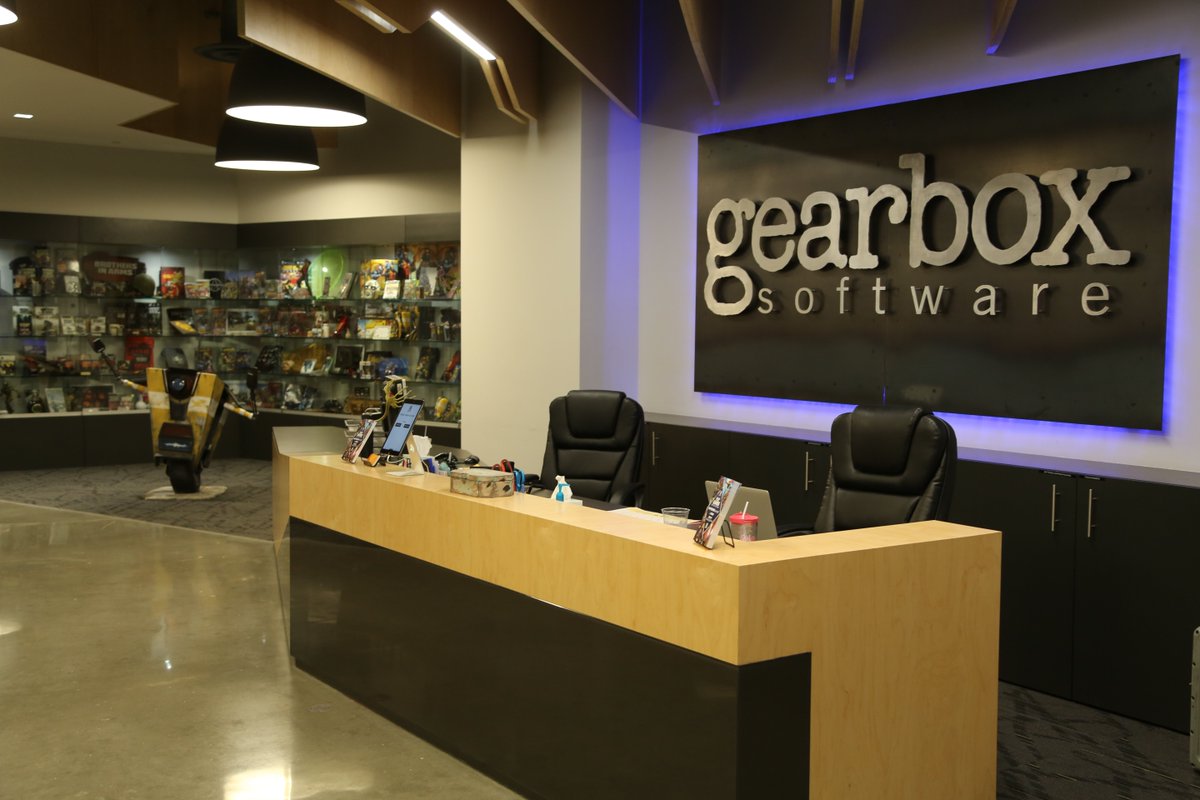Gearbox Software was founded in 1999 by Randy Pitchford, Brian Martel, Stephen Bahl, Landon Montgomery and Rob Heironimus, all former developers of the cringingly-named studio “Rebel Boat Rocker”, a studio that never managed to release a single game. Before this, core members of the group worked for studios such as 3D Realms and Bethesda Softworks.
Gearbox’s first few projects might come as a surprise to some, being a mostly unproven studio without a single game to their name up to this point outside of their early efforts in well-established studios (which might be what got them the gig). Developing official expansions and ports to Valve’s smash hit ‘Half-Life’ is not a bad first assignment by a long-shot. They went on to develop high-profile ports for publishers such as Microsoft, Electronic Arts, Activision and Sega – giving them the connections and reputation they needed for future projects.
Most respected for their own original IPs (Borderlands and Brothers in Arms) and most criticised for their work on existing IPs (Duke Nukem and Aliens), Gearbox Software is a good example of a development company that truly divides its audience, adored by some, inspiring fan art, cosplay and decades of continued online activity in their titles while at the same time igniting rage and disappointment from many, many others.
Not many studios are as adored as much as they are hated – the rest of this article will describe their absolute highs and rock bottom lows.
Half-Life Expansions
Valve had incredible success with the release of Half-Life in 1998 and wanted to keep their momentum and move on to new ideas and projects, this decision was eased by Gearbox’s pitch to create Half-Life expansions set in the same timeline as the original game, but from other characters' perspectives. The first of these was 'Opposing Force', a game set from the perspective of the U.S Marines, an unlikely enemy that you fight off in the base game as Gordon Freeman. The expansion kept everything that was great about the original while infusing enough new content and ideas to make everything feel fresh and exciting again.
Gearbox proved they had exactly what it took to not only make compelling experiences for audiences of a blockbuster franchise but to also handle other studios’ properties with the respect and appreciation it deserved. Gearbox went on to create two further Half-Life expansions, the first being ‘Blue Shift’ in 2001 that told its story from the perspective of a security guard on shift during the timespan of the base game. The second expansion released the same year was the Playstation 2 exclusive ‘Decay’ which was the first and only official co-op experience built for Half-Life, set from the perspective of two female scientists.
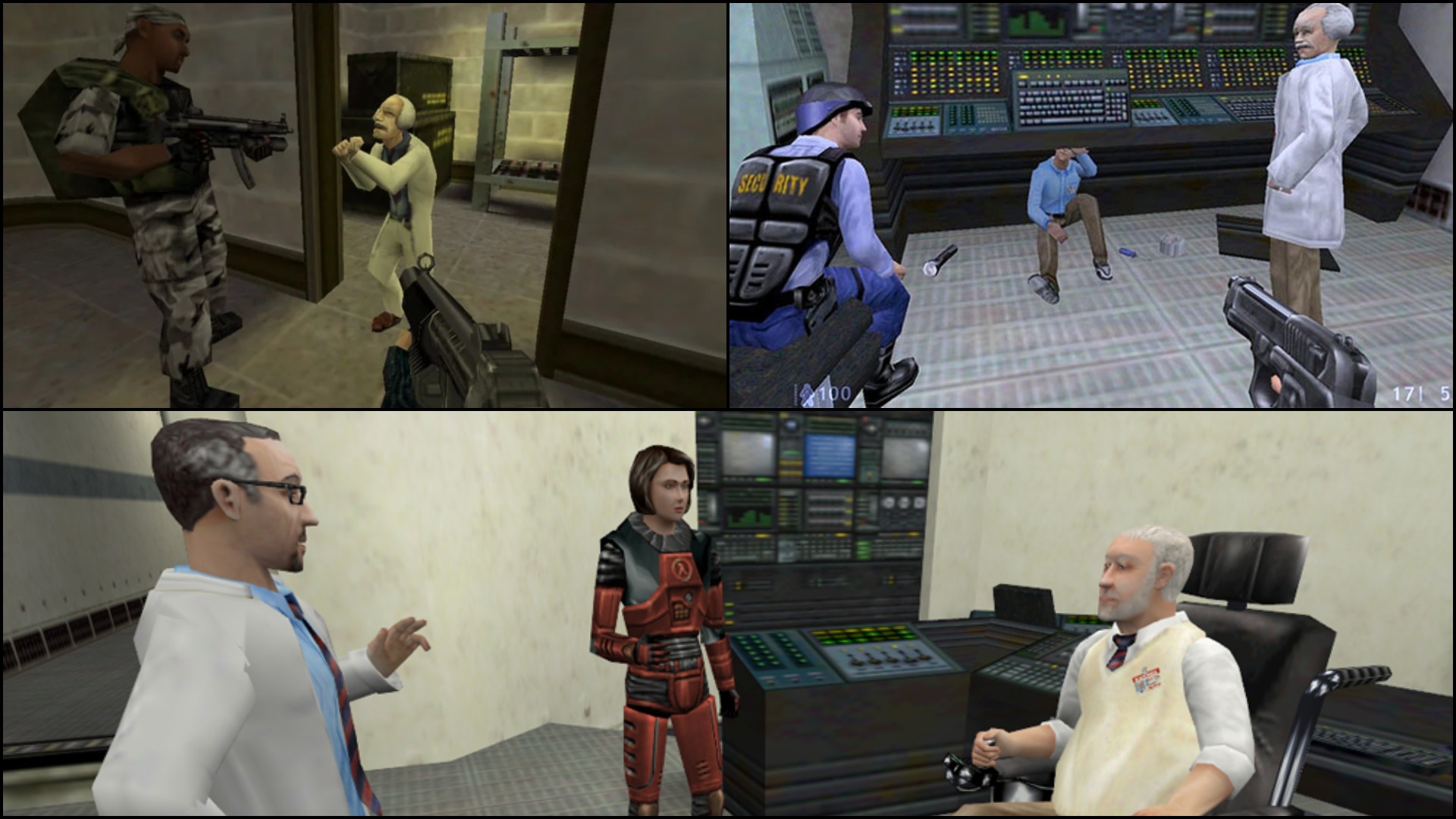
Windows Ports
Between 2002 and 2003 Gearbox focused on creating quality Windows ports of popular games at the time for large publishers. Notably Tony Hawk’s Pro Skater 3 in 2002 for Activision, James Bond 007: Nightfire the same year for Electronic Arts and Halo: Combat Evolved in 2003 for Microsoft. Their last port for another publisher was the Nintendo Wii port of Samba de Amigo for Sega in 2008.
While all well-received for the most part, it was clear Gearbox was trying to lay the foundation that would enable them to pitch their own original ideas to publishers, it’s fair to say the plan worked – Gearbox’s next project would be their own concept and would be the beginning of a beloved series of games.
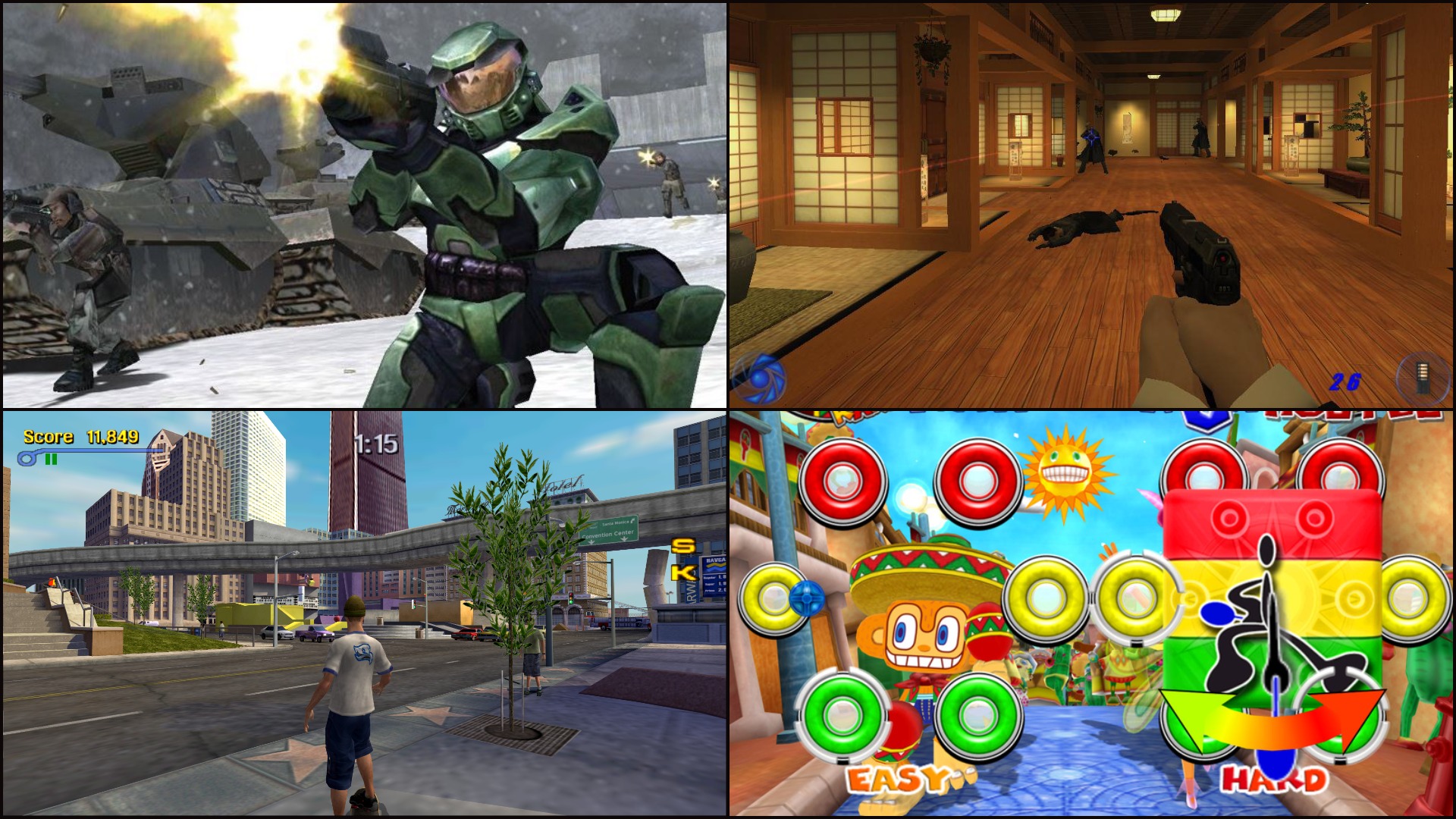
Brothers in Arms
Conceived as a tactical first-person shooter that emphasised relying on and commanding your squad as opposed to one-man-armying sprawling battles, Brothers in Arms’ plot was based on true World War II stories. Releasing in 2005 for Windows, Xbox and Playstation 2 via Ubisoft, Brothers in Arms: Road to Hill 30 was in time recognised as one of the best WWII video games ever made, competing against series such as 'Medal of Honor' (veterans of the genres by then) and the rising household name 'Call of Duty'.
The franchise made way for multiple sequels, such as 'Brothers in Arms: Earned in Blood' in 2005, 'Brothers in Arms: D-Day' in 2006, 'Brothers in Arms: Hours of Heroes' in 2007 and 'Brothers in Arms: Hell’s Highway' in 2008. By this year the short-lived series had somehow managed to spawn a comic book series, various mobile phone games, a TV documentary, a line of action figures, a novel and non-fiction history book.
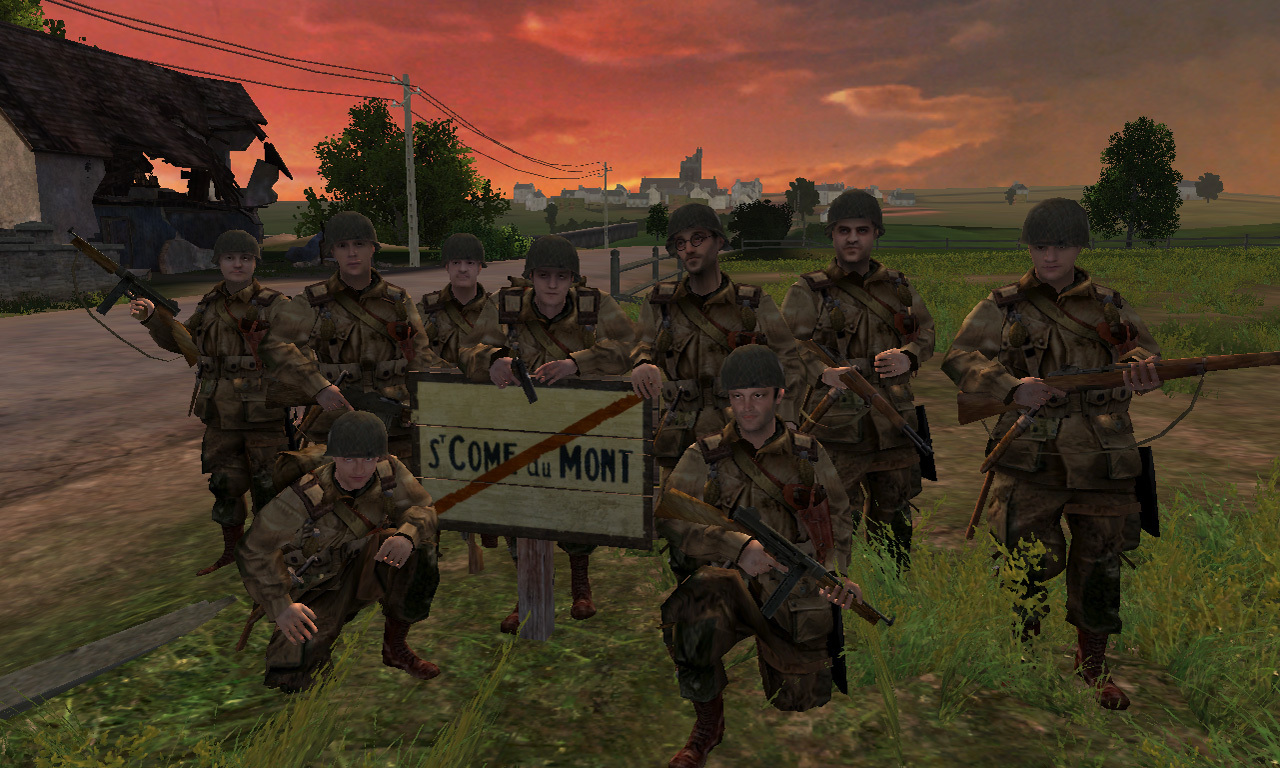
Borderlands
Easily Gearbox’s biggest success story and most loved game in their arsenal, Borderlands is a post-apocalyptic, free-roaming, open-world, role-playing, first-person shooter with cel-shaded graphics (not a commonly used style at the time), described during development by Gearbox as a mixture of Mad Max and Diablo, Mad Max’s setting and Diablo’s focus on looting as the inspirations. Whacky characters, an intriguing storyline and welcoming 4-player co-op support rocketed Borderlands into the hearts of gamers around the world and was the first sign that Gearbox could indeed compete with some of the most talented studios around.
Published by 2K Games in 2009 for Windows, Mac, Xbox 360 and Playstation 3, Borderlands was a huge hit, selling millions of copies. The game went on to release four campaign expansions, ports to the Xbox One, Playstation 4 and Nintendo Wii and an enhanced edition was released in 2020. 2012 brought the first Sequel 'Borderlands 2', the pre-sequel and spin-off interactive graphic adventure 'Tales From The Borderlands' developed by Telltale Games released in 2014, followed by Borderlands 2 VR in 2018 and Borderlands 3 in 2019. The franchised has branched out to other forms of media such as comic books, novels, board games, mobile games and even a feature film set to release in the near future.
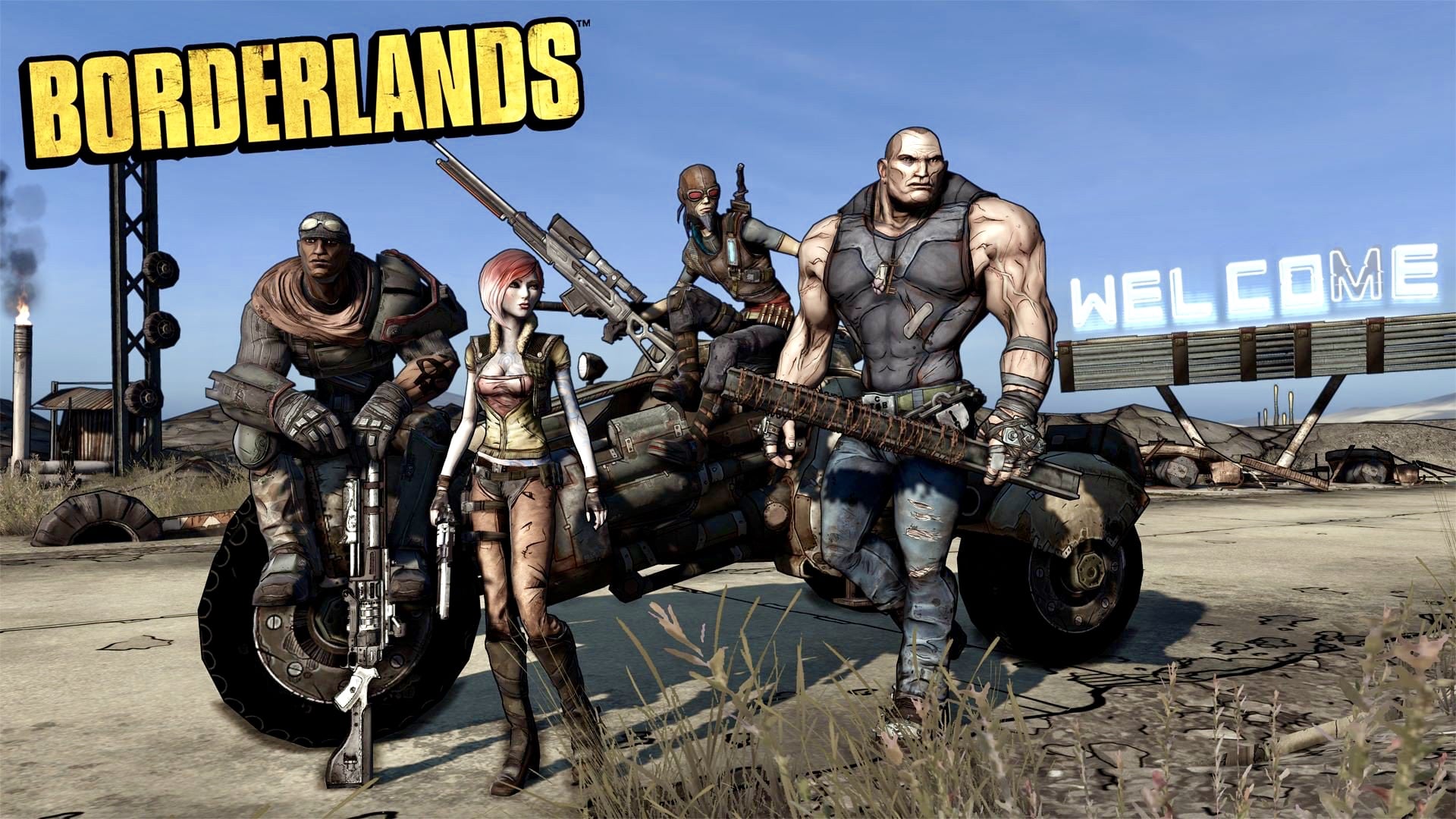
Duke Nukem Forever
Just when it looked like Gearbox could do no wrong they got involved with the haunted state of Duke Nukem 3D’s long-awaited sequel that was currently in development and funding hell. Starting development in 1997, the project switched engine at least 3 times (Quake II, Unreal and Doom 3 engines reportedly used for significant times during development) and switched developer entirely at some point between 3D Realms and Gearbox Software. Randy Pitchford, who had worked on aspects of Duke Nukem 3D and DNF towards the end and start of those projects respectively, felt his studio could bring the sequel back from the brink of death.
The game sold at a healthy rate and earned a decent profit but was nearly universally panned for being buggy, unoptimised, seemingly unfinished and looking significantly dated on release – not to mention features commonly found in modern shooters such as regenerating health and a two-weapon limit. Published by 2K Games and releasing in 2011 for Windows, Mac, Xbox 360 and Playstation 3, the game received two official expansions but was the last the world saw of Duke Nukem outside of a re-release of Duke Nukem 3D and a Duke character swap pack in the Bulletstorm remaster. The game currently holds the Guinness world record for the longest development cycle of 14 years.
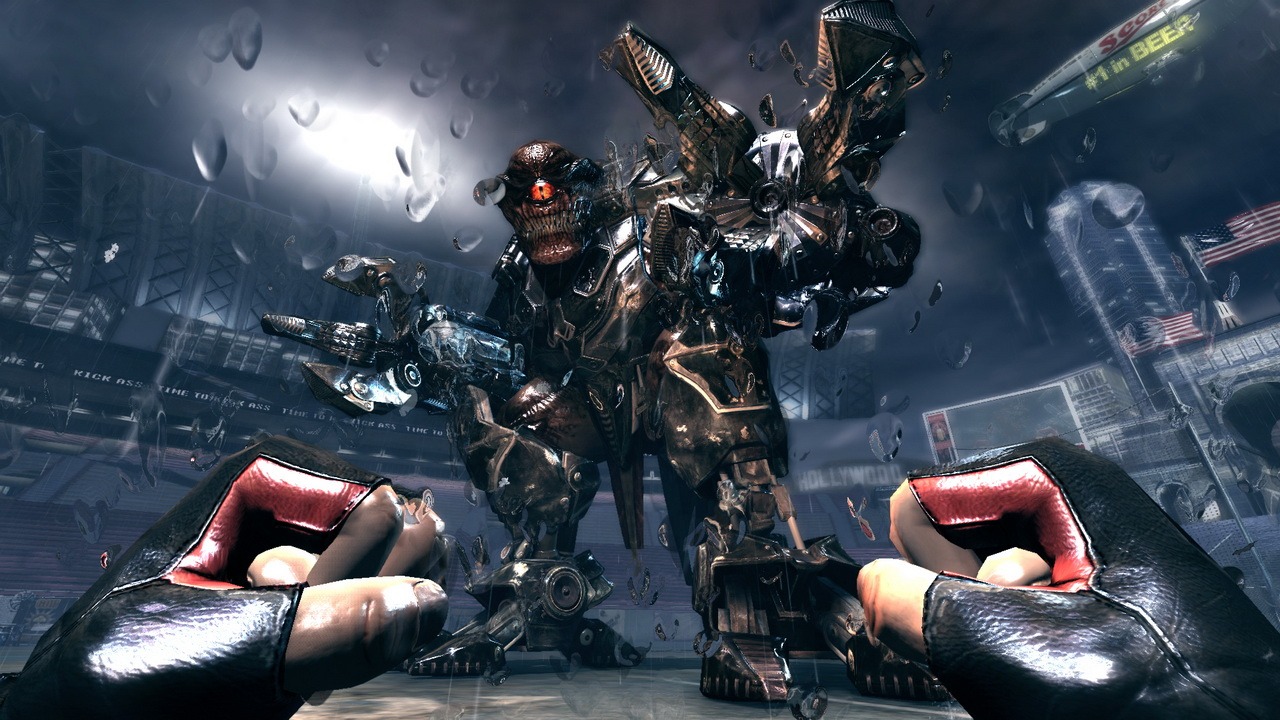
Aliens: Colonial Marines
The video game sequel to the movie Aliens 3 was confirmed to be in development by Sega in 2006 by Gearbox (who helped put together the 2011 Nintendo DS release ‘Aliens: Infestation’). The development cycle was incredibly messy, with talent moved around between the Aliens, Borderlands and Duke Nukem projects being worked on at the time, being their first non-Borderlands follow-up to Duke Nukem Forever, Gearbox needed a title to prove they still had what it takes to create quality games. Aliens: Colonial Marines was unfortunately not that title, while it sold incredibly well, it was once again criticised for things like game-breaking bugs, brainless AI, poor graphics and shallow gameplay.
Aliens: Colonial Marines was published by Sega and released in 2013 (after several delays and 7 years of development) for Windows, Xbox 360 and Playstation 3. Despite receiving four expansion packs (one single-player and three multi-player) it was the last Aliens licensed title developed by Gearbox Software.
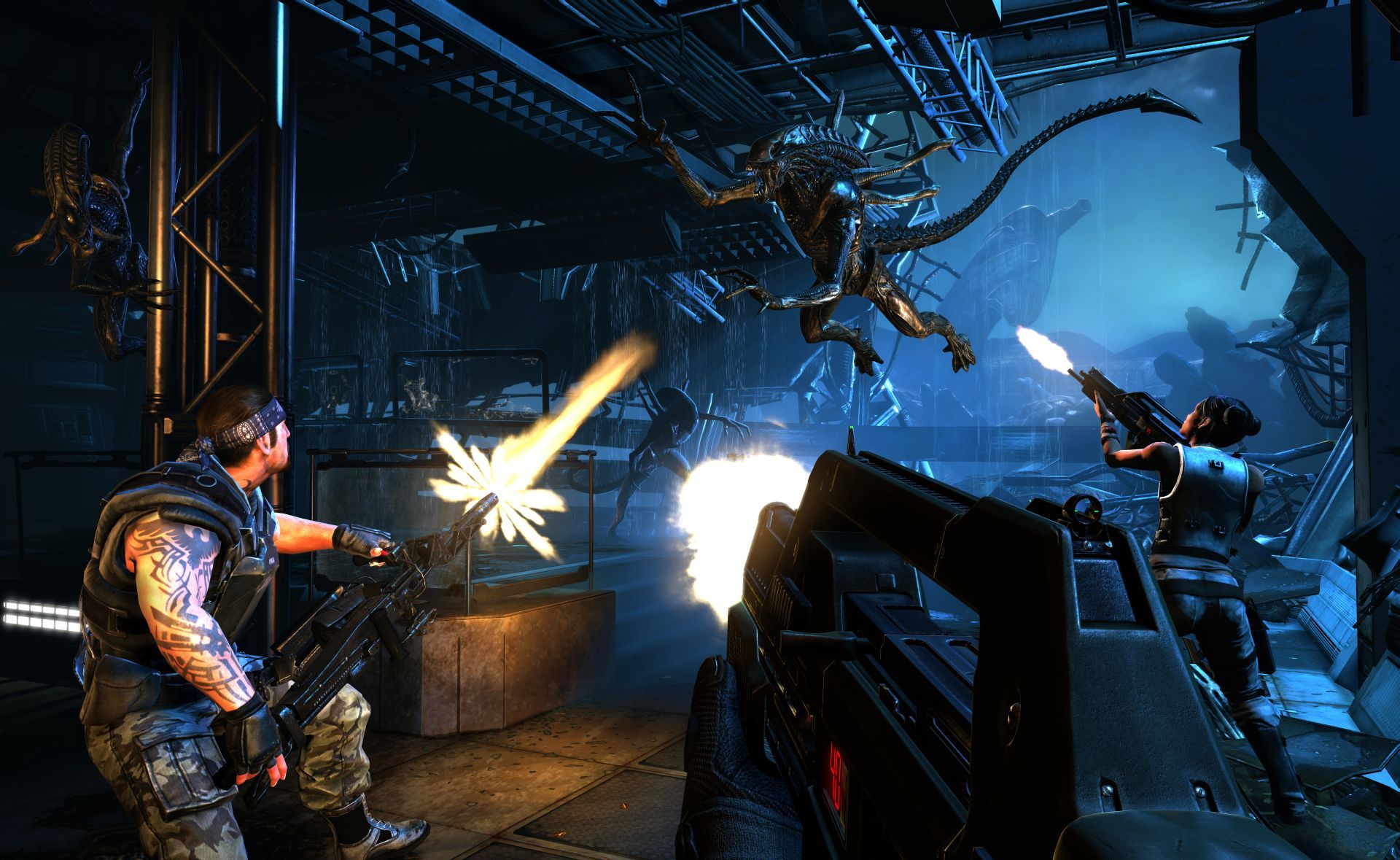
Other Titles
Gearbox Software has released a handful of other games that aren’t Borderlands related since Aliens: Colonial Marines, notably the remastered collection of the first two Homeworld games for Windows and Mac in 2015, a property Gearbox had acquired following THQ’s liquidation in 2013 – with plans to publish and release Homeworld 3 in 2022.
Battleborn, a first-person shooter / MOBA game focusing on co-operative play was released in 2016 for Windows, Xbox One and Playstation 4, mere weeks after Blizzard’s hugely success Overwatch released, of which Battleborn shared more than enough similarities. While fairly well-received by critics and going free-to-play in 2017, this was sadly not enough to save the game as the servers will finally be shut down the beginning of 2021.
Penn & Teller VR: F U, U, U, & U is a VR exclusive game released for Windows, Playstation VR and Oculus Quest in 2019. The game’s premise featured real-life magicians Penn Jillette and Raymond Teller teaching the players tricks that they could perform on or to their friends and family.
Gearbox have also published several games from franchises such as Homeworld, Bulletstorm, We Happy Few, Risk of Rain and Godfall.

So... now we're all up to speed on the sorts of projects Gearbox have been up to, what are your opinions on their legacy to date? Do you have a favourite game developed or published by Gearbox that you'd like an excuse to gush over in the comments?
Were you one of the many disappointed fans by the hype surrounding titles such as Duke Nukem Forever, Aliens: Colonial Marines or Battleborn? How long did you give those games a chance before moving on to something else? Or are you of the opinion that they were rated more harshly than they deserved?
Regardless of which side of the fence we all sit, we can surely all agree that Gearbox have a turbulent past that extends beyond just the games they develop, staff being overworked and underpaid is a common topic on the internet for example.
Aside from their own IPs, the studio was fundamental in bringing the likes of legendary games such as Half-Life and Halo: Combat Evolved to larger audiences and for that alone, we at Opium Pulses thank the men and women involved. We also give a cheeky thumbs up to Borderlands


